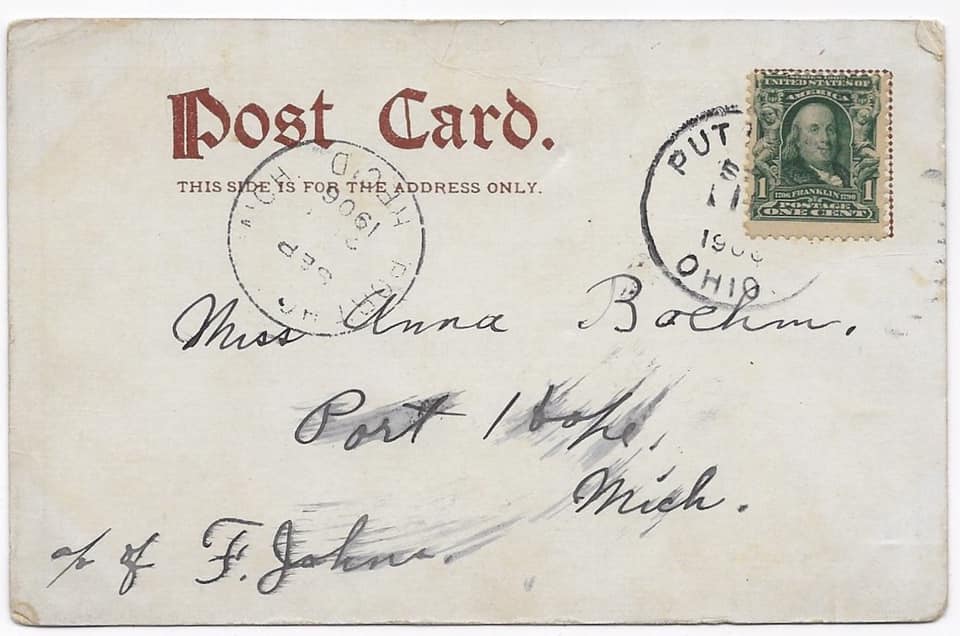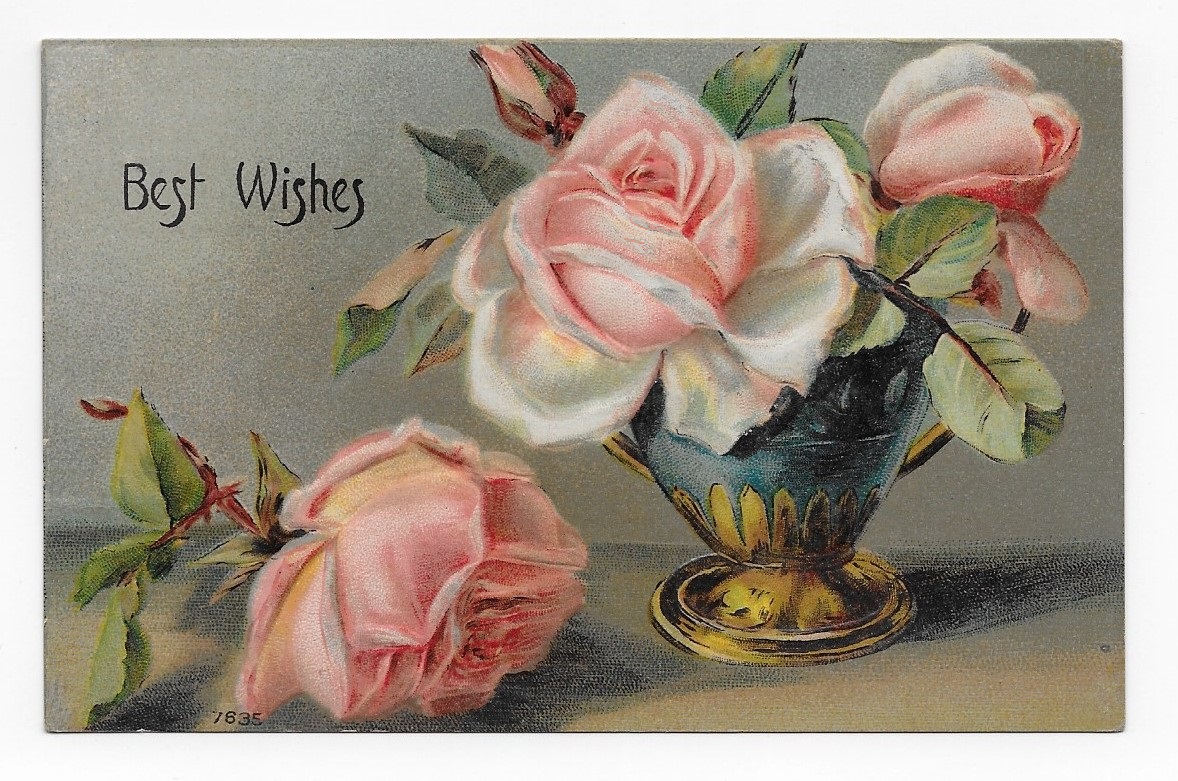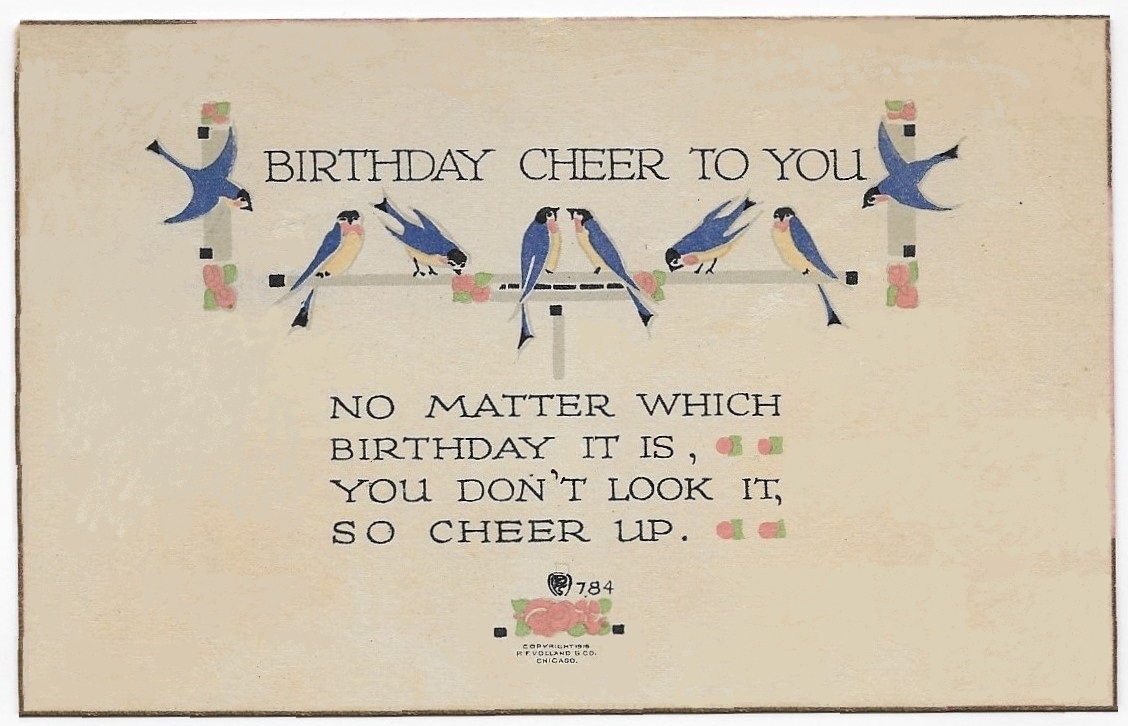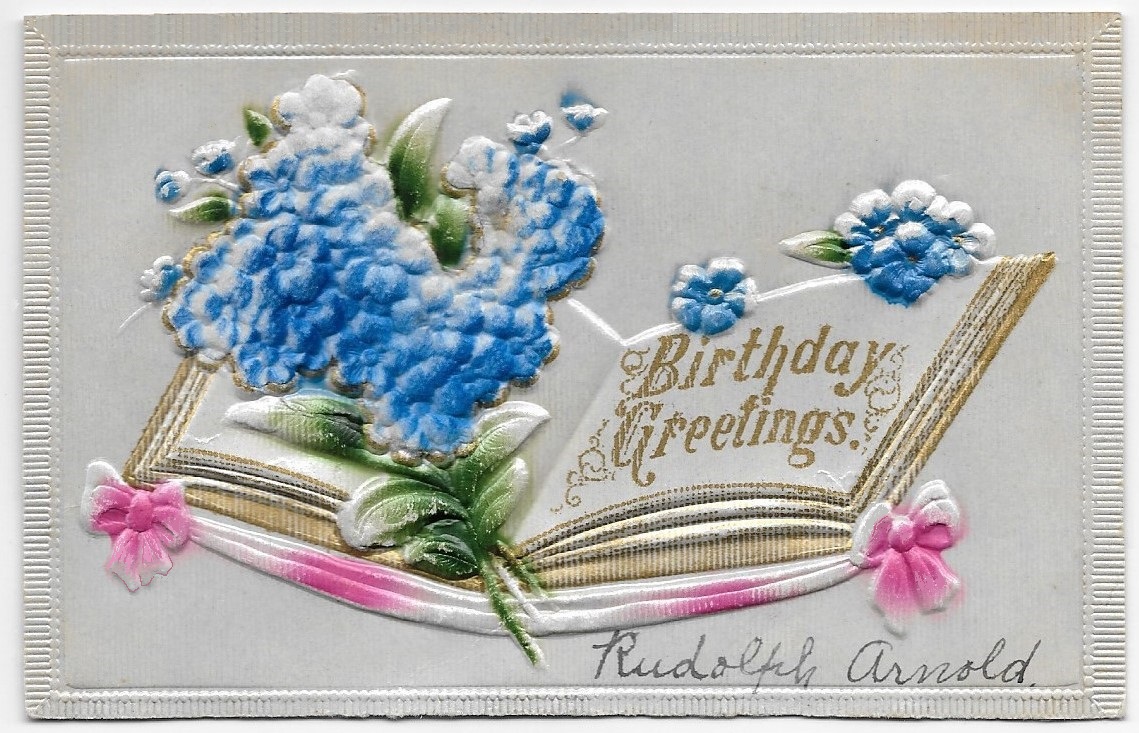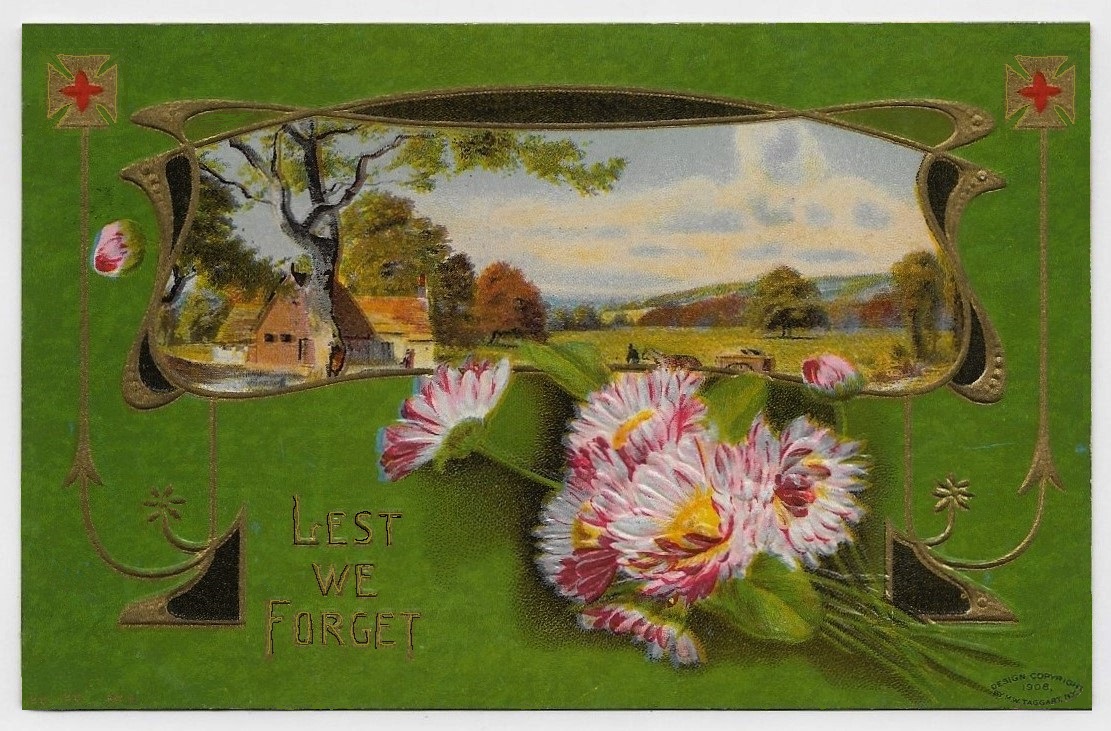Put-in-Bay is a small village on South Bass island in Lake Erie, about 35 miles east of Toledo and 15 miles northwest of Sandusky.
The island, one of several clustered in the southern part of Lake Erie, was used as a stopping point for indigenous peoples crossing the lake.
Eoropean fur traders used the island for the same purpose.
The islands became famous as the hidden base of Admiral Oliver Hazard Perry who won a decisive victory over the British Fleet in the Battle of Lake Erie during the War of 1812.
(The war has been going badly for the US; the British occupied Detroit and made incursions into other towns and the mainland around the Great Lakes and the St.Lawrence River. The Battle of Lake Erie was a turning point in the conflict.)
Until the last quarter of the 19th century, South Bass Island was sparsely populated. (The sons of John Brown lived there for a time.)
By 1900, Put-in-Bay was becoming a popular summer resort; ferries carried people to the island from the mainland.
In September of 1906, Bertha was in Put-in-Bay where she “had a splendid time”.
As she left to return home, Bertha mailed a postcard to Miss Anna Boehm in Port Hope, Michigan.
Port Hope is a village on Lake Huron, on the very tip of the “thumb” of Michigan’s Lower Peninsula. It had once been the site of large lumber mills.
Bertha selected a postcard published by the Ullman Manufacturing Company of New York, a noted lithographer.
The illustration, of a large child playing with a tennis racket, was copyrighted in 1905.
Readers of these postcard stories may remember a similar postcard by the same publisher featuring a large stork carrying two babies in bundles. The green background is the same in both.
We do not know how Bertha was related to Miss Boehm, but Bertha sends “love to all”.
One hopes that Bertha and Anna retained happy memories of their summer in 1906.
